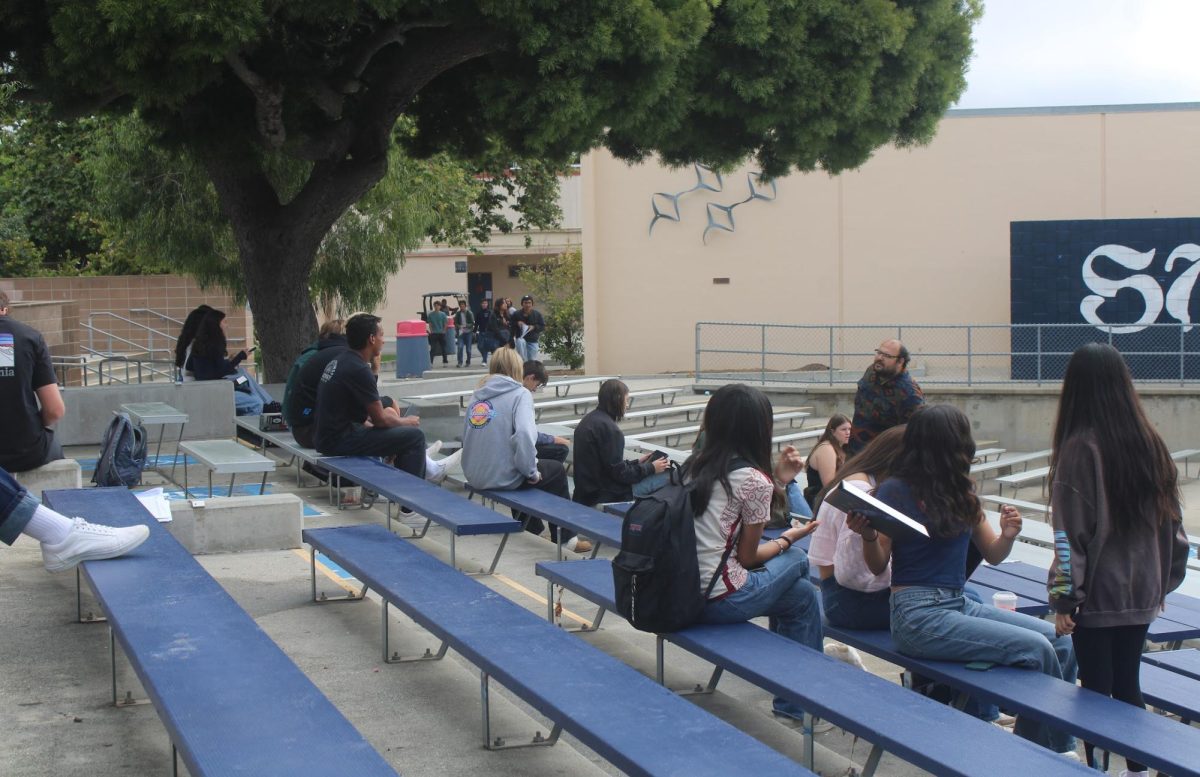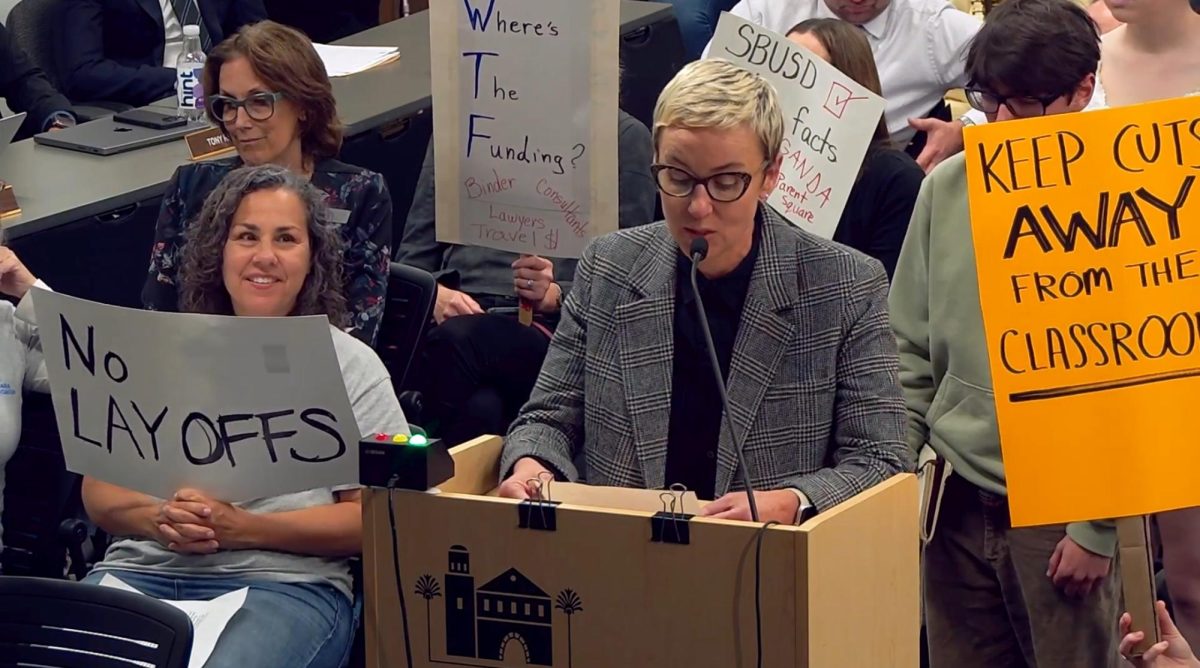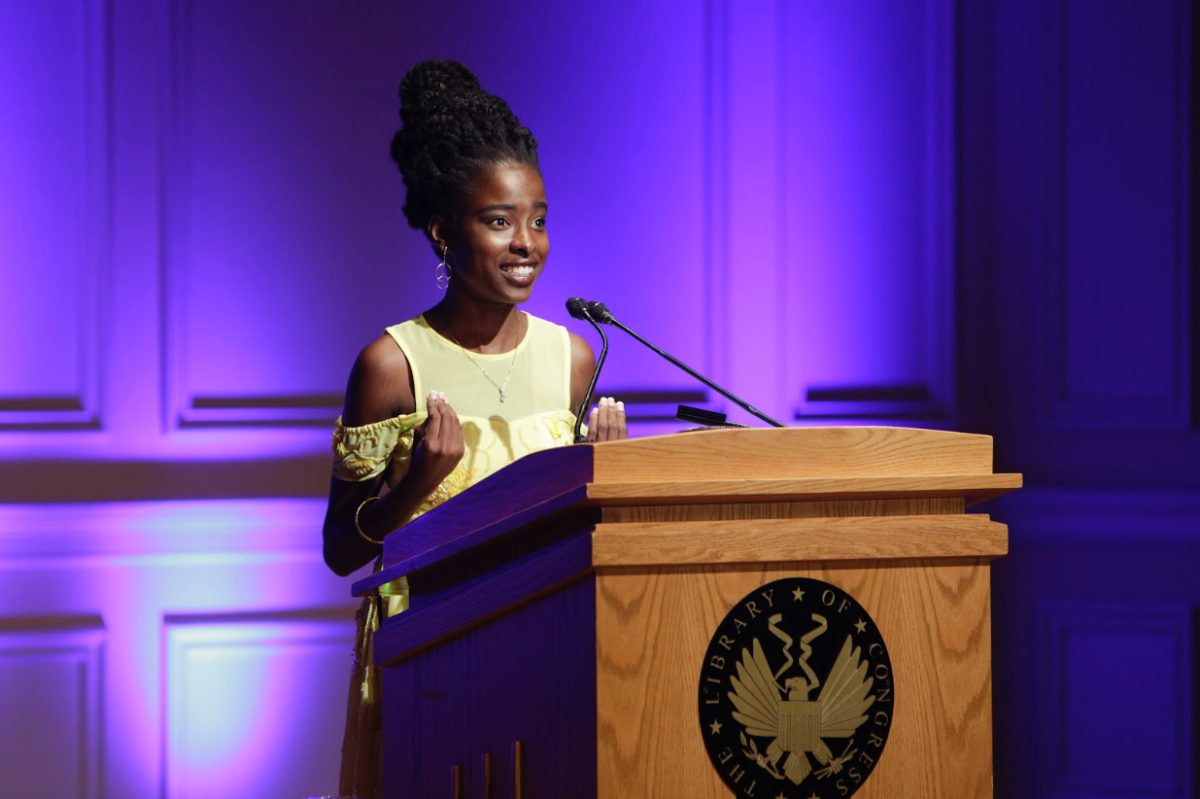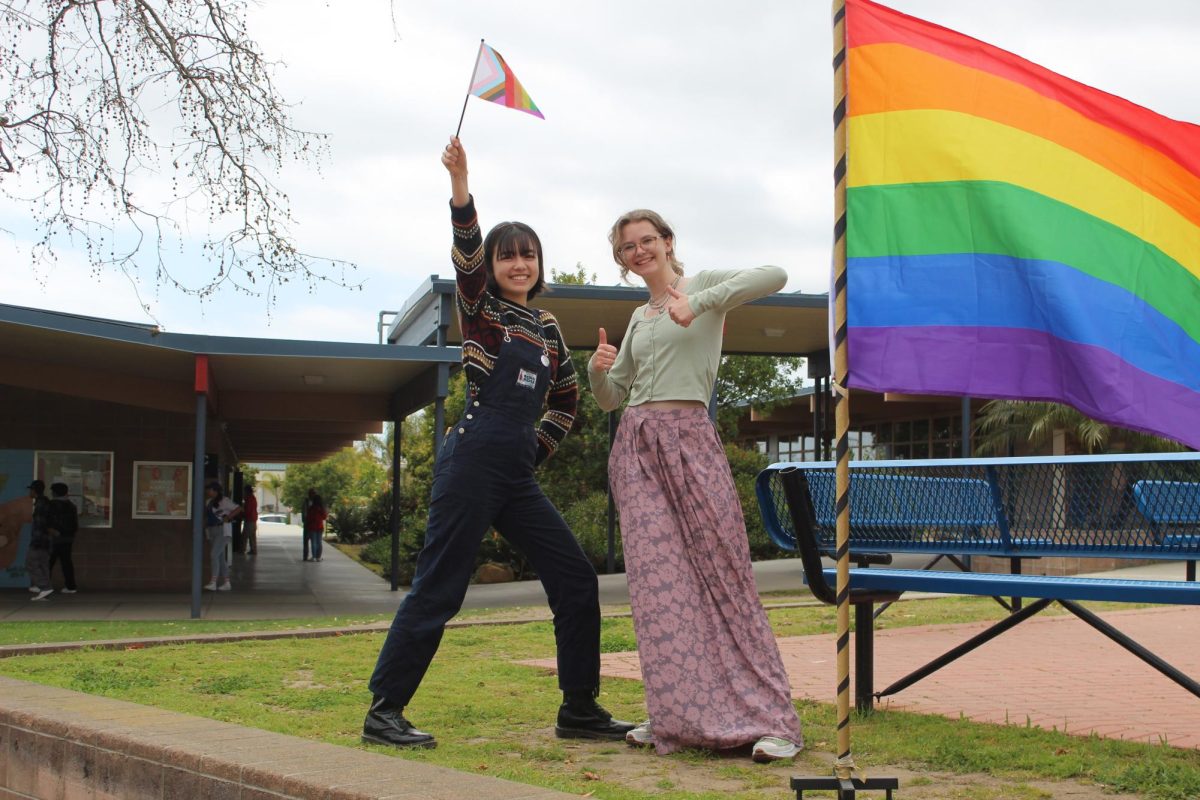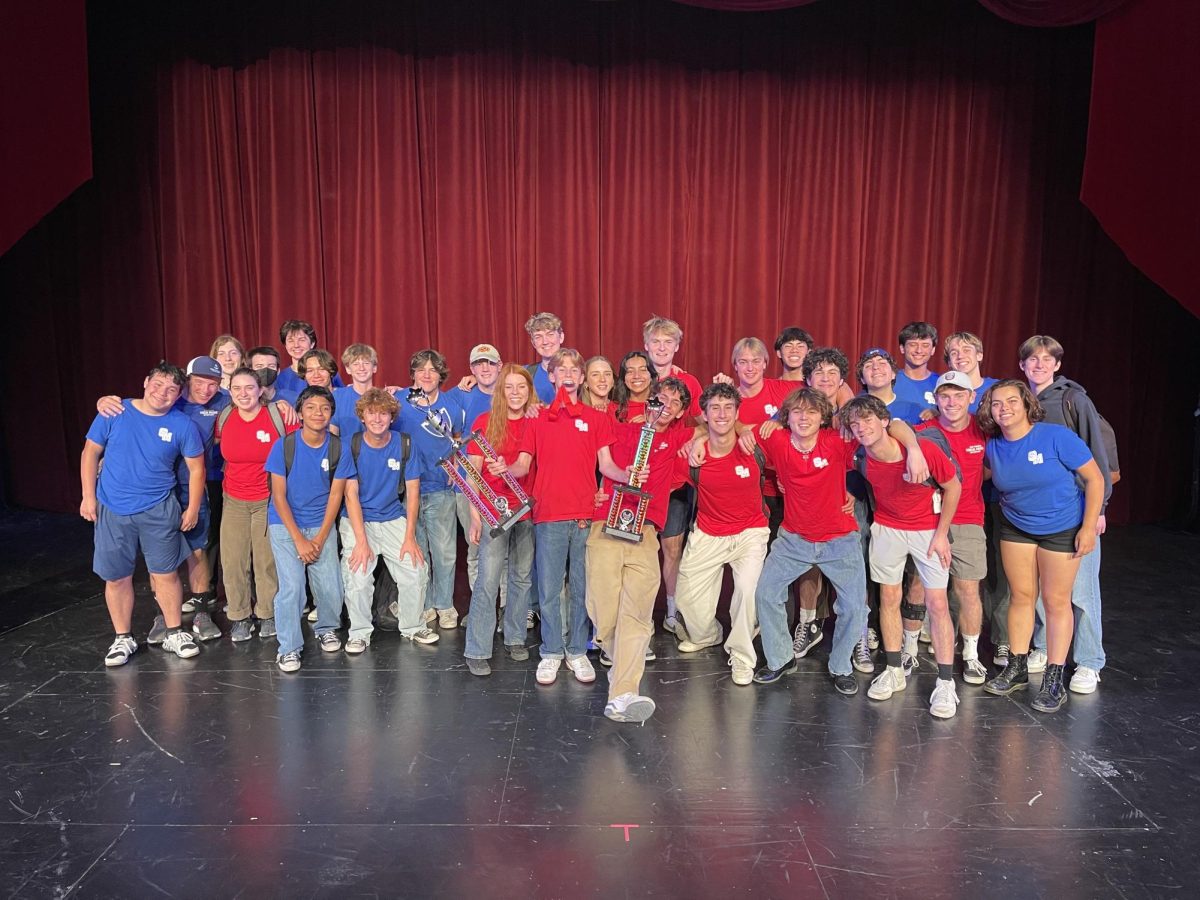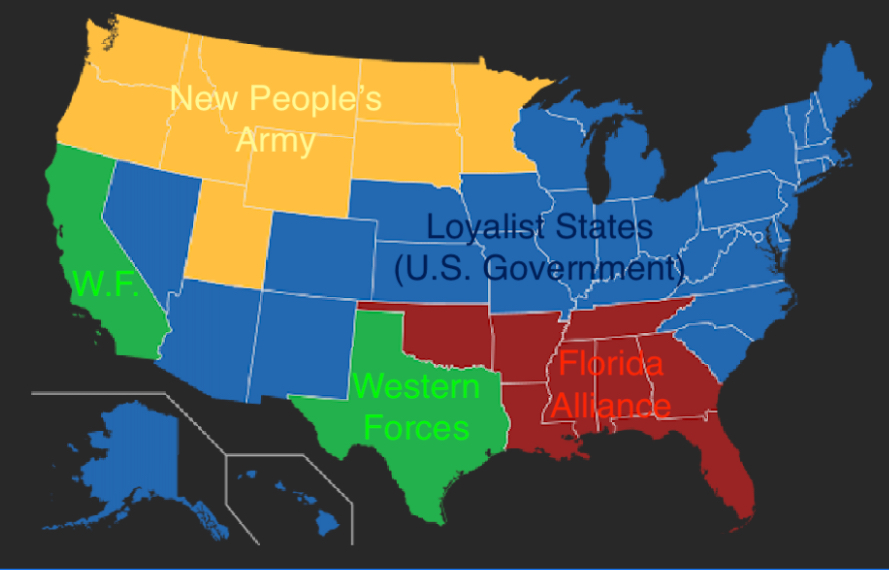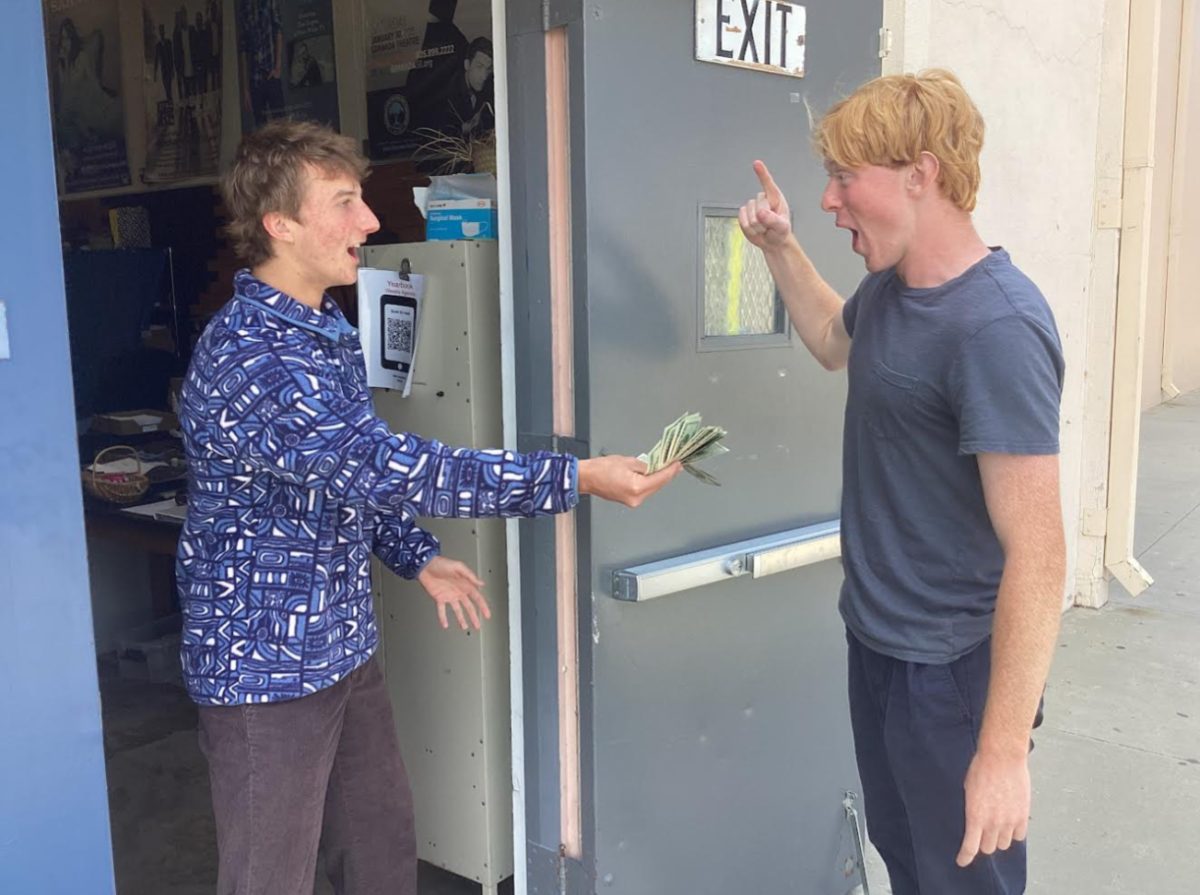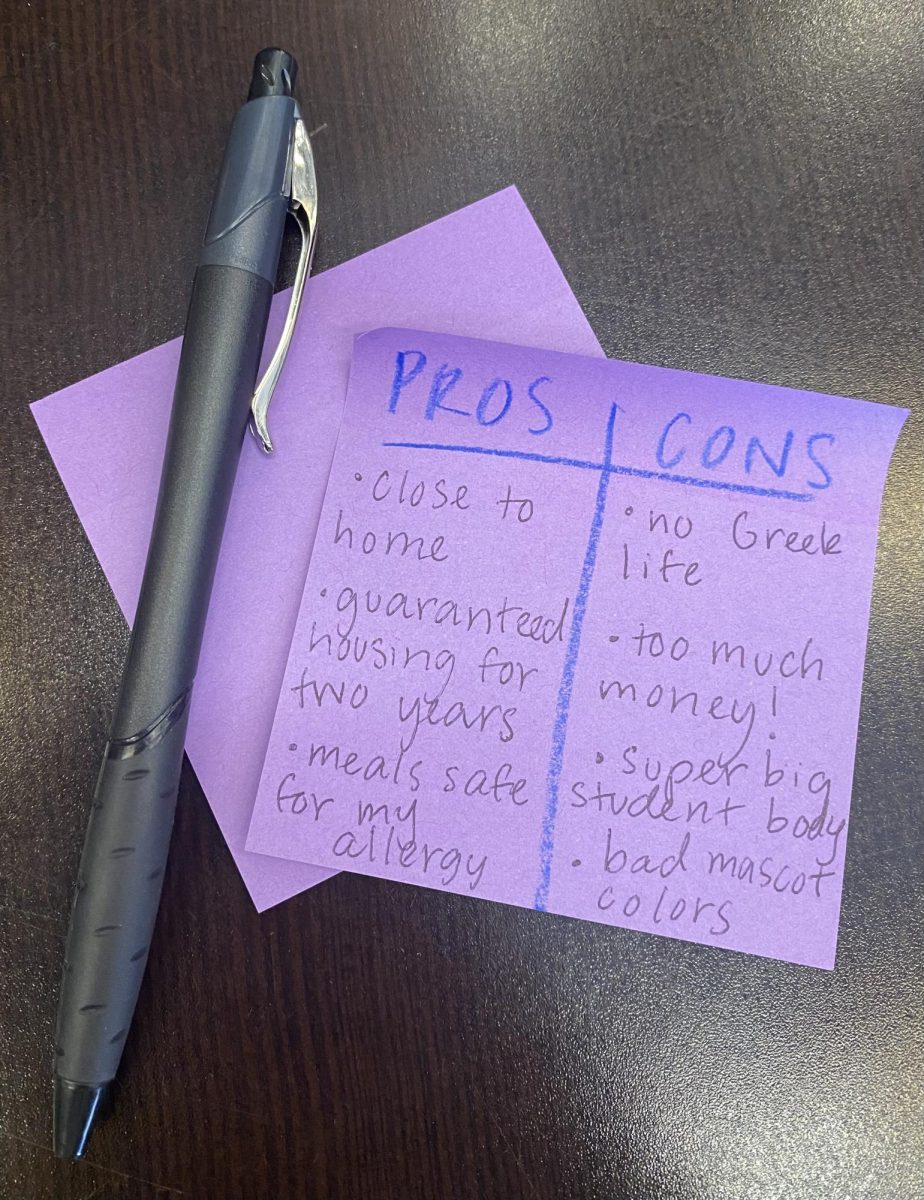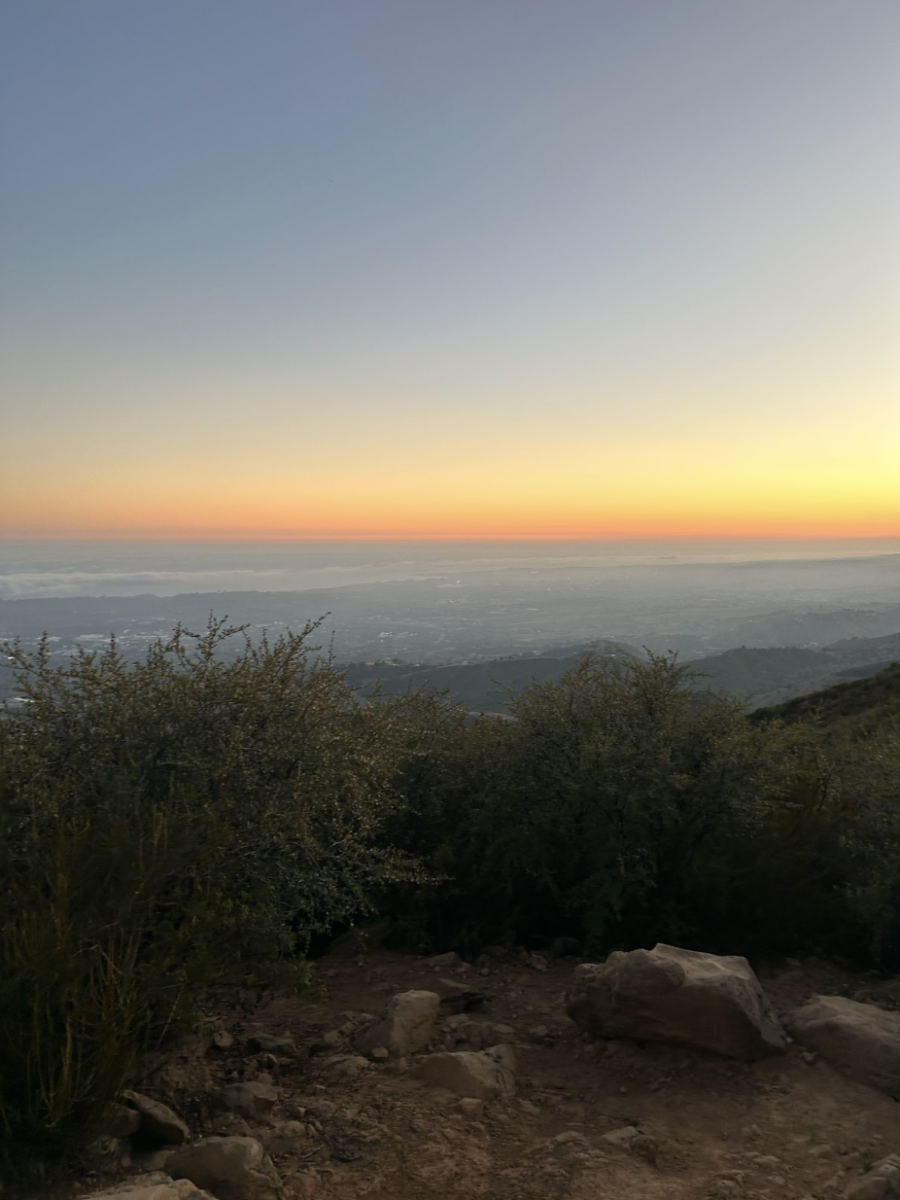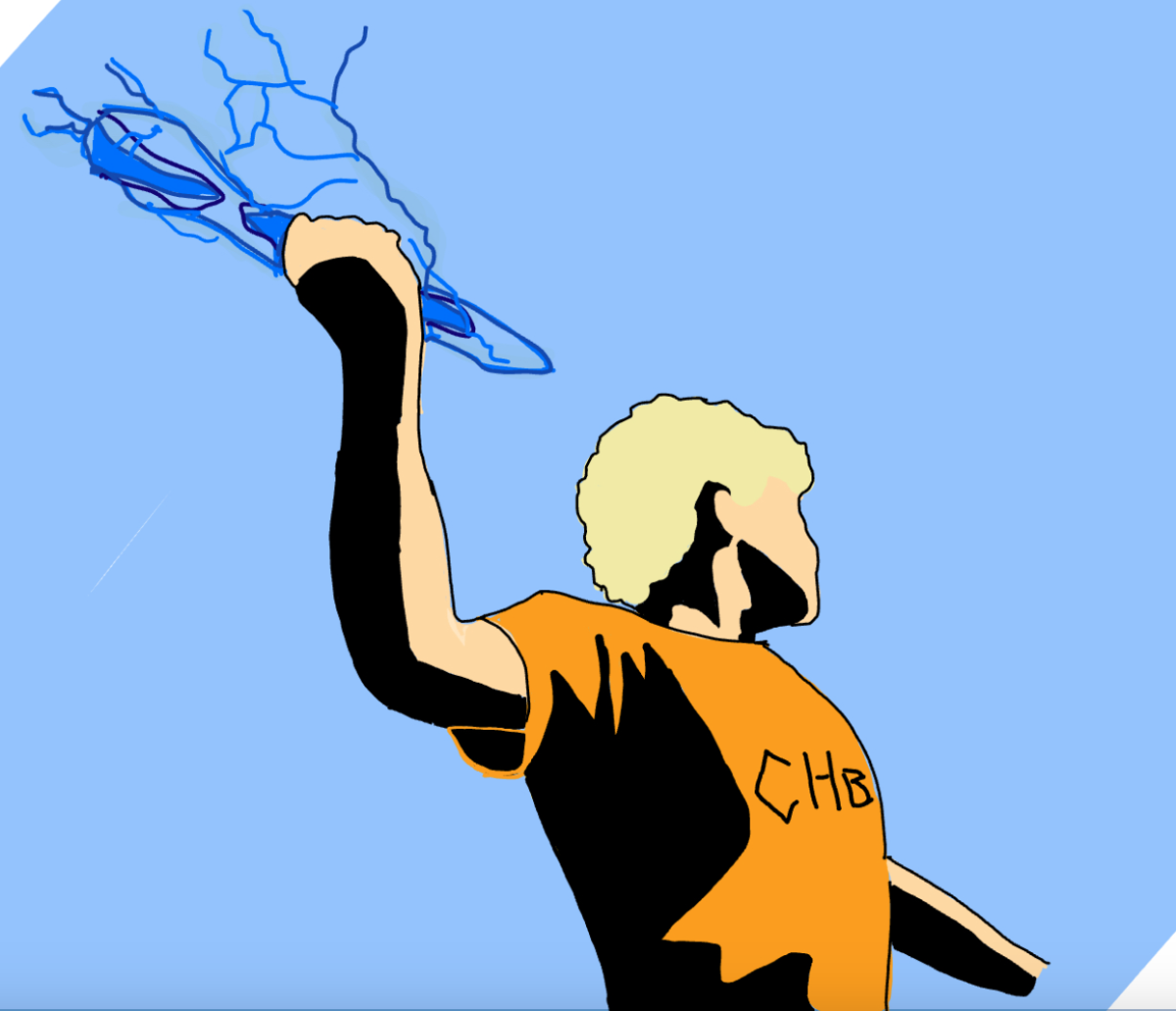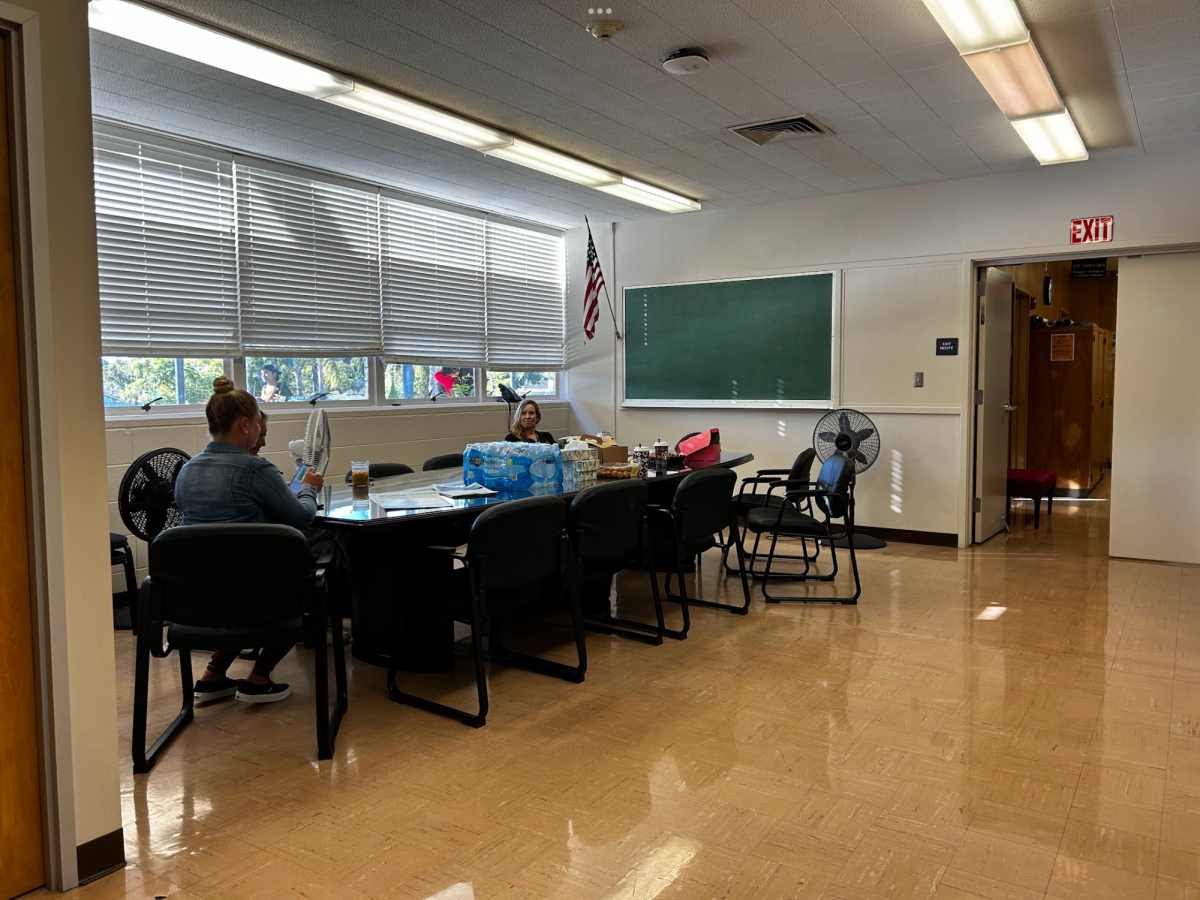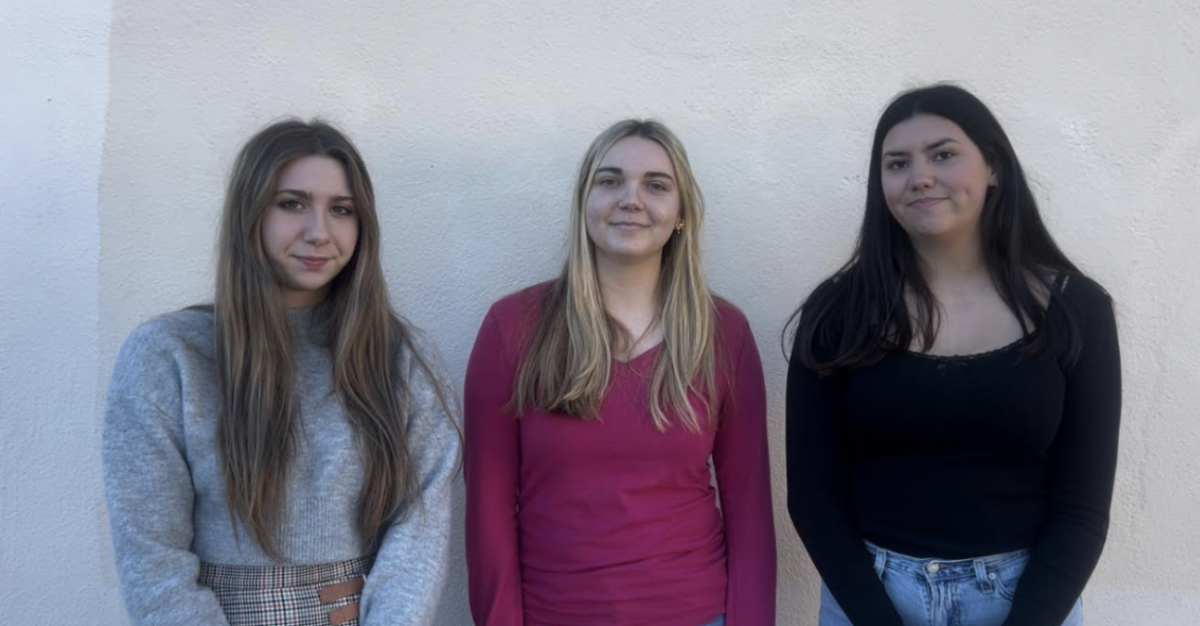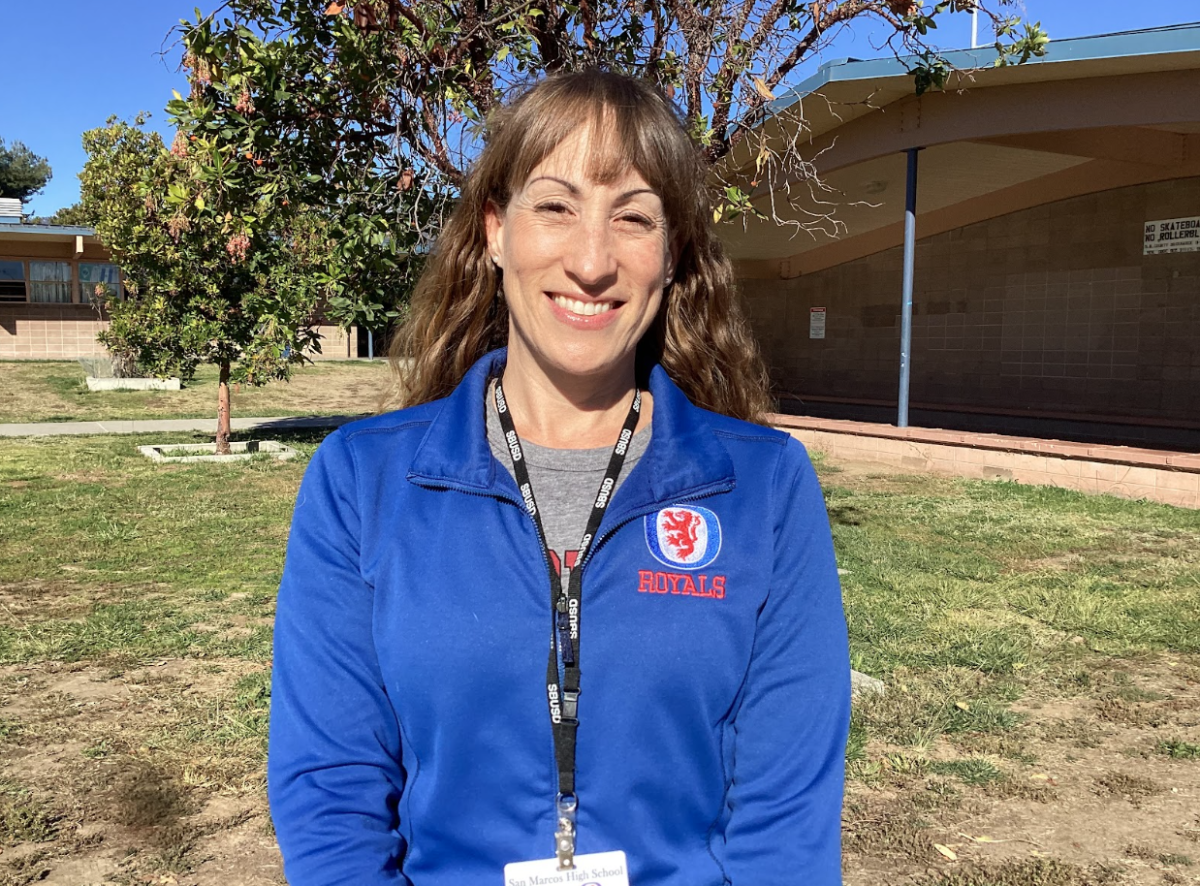In the final days of 2020, the first US cases of a new and potentially more transmissible mutation of the Covid-19 virus were found in Colorado. The new strain, dubbed B.1.1.7., was first identified in September in Southeast England, and has since mutated into 17 different variants according to The Scientific American. Despite Prime Minister Boris Johnson announcing stricter travel restrictions and warning that B.1.1.7. could be “up to 70 percent more transmissible” in a December 19th address, the virus has still managed to spread to six states as of January 7- including California.
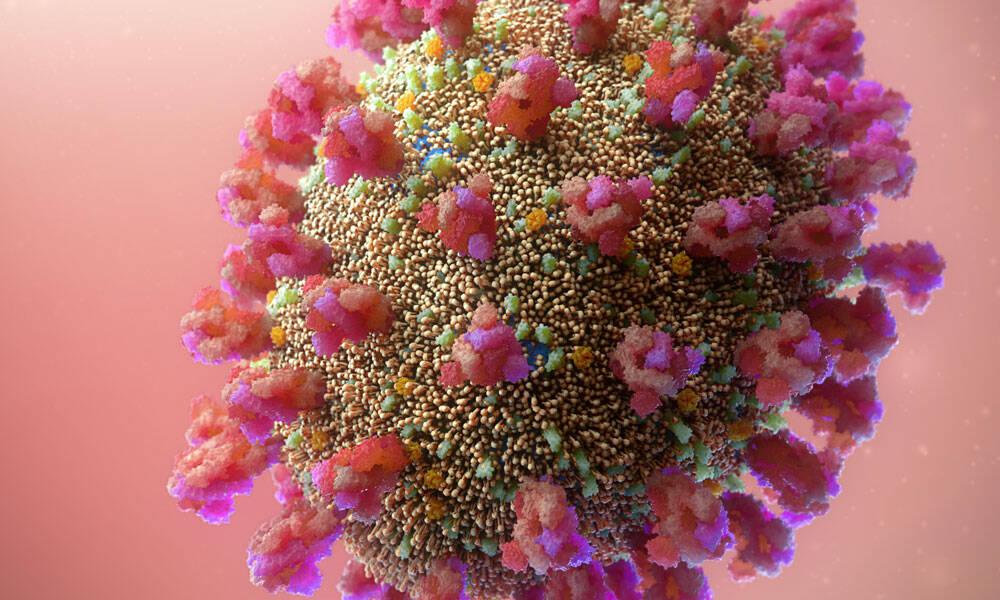
Senior Meiya Sidney worries about a lack of information about B.1.1.7 in the general public, saying “I didn’t even know that there were cases in California until yesterday, and that shows that people just aren’t talking about it enough even though it could be lengthening our lockdowns”.
Mr. Sifontes, a Biology teacher at San Marcos, shares Meiya’s sentiment. He says, “Not enough people are talking about it due to Covid-19 fatigue and the domestic politics dominating the current news cycle”. Continuing, he says “In my opinion, we should take it seriously, and do whatever we can to slow down spread until we are able to vaccinate the general population.”
Signs show that B.1.1.7. has been circulating in the US since mid-December, with patients in Texas (a state with no known cases before the 7th) contracting the UK strain despite reporting no recent international travels. The mutation’s appearance directly coincides with record-breaking case numbers across the country, and it’s transmission rate supports theories that it may be adding to already devastating spikes. However, not all the blame can be pushed on B.1.1.7. Increased travel, holiday parties, and flu season all increase the likelihood of the virus spreading, and scientists had been predicting another wave since businesses reopened in early summer.
San Marcos senior Kira Davirro says, “I think we should all definitely be more cautious and make an effort to stay inside whenever we can, because the death toll is already so high right now”.

Although the spread of B.1.1.7 to California can be anxiety-inducing, states are hesitant to increase restrictions due to pushback from the public. As Mr. Sifontes put it, “COVID fatigue” coming into the second year of the pandemic has seemingly reduced American’s attitudes towards COVID-19 to mere annoyance. Alongside this, Director of the National Institute of Allergy and Infectious Diseases Dr. Anthony Fauci told the Los Angeles Times, “I don’t think that Californians should feel that this is something odd”. He goes on to say, “There’s no indication at all that it increases the virulence … the ability to make you sick or kill you”. Even though the severity of illness caused by B.1.1.7 has not been found to be higher than that of other strains, Californians should be cautious as always despite Dr. Fauci’s remarks. It appears as though vaccines are just as effective at eliminating this strain, so hopefully with increased social distancing efforts and widespread vaccination, the United States can decrease the risk of B.1.1.7 causing more preventable deaths.

